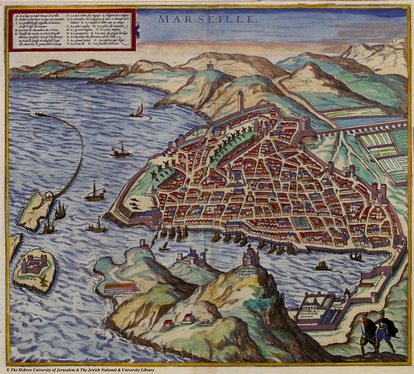
- Order:
- Duration: 6:24
- Published: 22 Oct 2009
- Uploaded: 25 Jun 2011
- Author: weberstahlherz









































![Ecole phocéenne de Kravmaga Marseille - EPKM Combat dur, passage de la bleue [HQ].mp4 Ecole phocéenne de Kravmaga Marseille - EPKM Combat dur, passage de la bleue [HQ].mp4](http://web.archive.org./web/20110819074550im_/http://i.ytimg.com/vi/METmvUMhvSk/0.jpg)













![Silver coin enscribed with Μασσ[αλία] from the Hellenistic period of Marseille Silver coin enscribed with Μασσ[αλία] from the Hellenistic period of Marseille](http://web.archive.org./web/20110819074550im_/http://cdn2.wn.com/pd/ba/29/92a87f347723f2b1e082acb14470_grande.jpg)

| Official name | Phocaea (Φώκαια) |
|---|---|
| Other name | (Foça) |
Phocaea, or Phokaia, () (modern-day Foça in Turkey) was an ancient Ionian Greek city on the western coast of Anatolia. Greek colonists from Phocaea founded the colony of Massalia (modern day Marseille, in France) in 600 BC, Emporion (modern day Empúries, in Catalonia, Spain) in 575 BC and Elea (modern day Velia, in Campania, Italy) in 540 BC.
Phocaea had two natural harbours within close range of the settlement, both containing a number of small islands. Phocaea's harbours allowed it to develop a thriving seafaring economy, and to become a great naval power, which greatly influenced its culture.
Recent archaeological surveys have shown that the city of Phocaea was large for the archaic period. Herodotus gives an idea of the size of Phocaea by the describing the walls of Phocaea as having a diameter of 5 km, large even by modern standards. Phocaea was one of the largest cities in the ancient world.
According to Herodotus the Phocaeans were the first Greeks to make long sea-voyages, having discovered the coasts of the Adriatic, Tyrrhenia and Spain. Herodotus relates that they so impressed Arganthonios, king of Tartessus in Spain, that he invited them to settle there, and, when they declined, gave them a great sum of money to build a wall around their city.
Their sea travel was extensive. To the south they probably conducted trade with the Greek colony of Naucratis in Egypt, which was the colony of their fellow Ionian city Miletus. To the north, they probably helped settle Amisos (Samsun) on the Black Sea, and Lampsacus at the north end of the Hellespont (now the Dardanelles). However Phocaea's major colonies were to the west. These included Alalia in Corsica, Emporiae and Rhoda in Spain, and especially Massalia (Marseille) in France. and then, along with Lydia (who had allied itself with Sparta) were conquered by Cyrus the Great of Persia in 546 BC, in one of the opening skirmishes of the great Greco-Persian conflict.
Rather than submit to Persian rule, the Phocaeans abandoned their city. Some may have fled to Chios, others to their colonies on Corsica and elsewhere in the Mediterranean, with some eventually returning to Phocaea. Many however became the founders of Elea, around 540 BC.
In 500 BC, Phocaea joined the Ionian Revolt against Persia. Indicative of its naval prowess, Dionysius, a Phocaean was chosen to command the Ionian fleet at the decisive Battle of Lade, in 494 BC. However, indicative of its declining fortunes, Phocaea was only able to contribute three ships, out of a total of "three hundred and fifty three". The Ionian fleet was defeated and the revolt ended shortly thereafter.
After the defeat of Xerxes I by the Greeks in 480 BC and the subsequent rise of Athenian power, Phocaea joined the Delian League, paying tribute to Athens of two talents.
During the Hellenistic period it fell under Seleucid, then Attalid rule.
It was later briefly under the control of Benedetto Zaccaria, the Genoan ambassador to Byzantium; Zaccaria amassed a considerable fortune from his properties there. It remained a Genoese colony until it was taken by the Turks in 1455. It is a titular see of the Roman Catholic Church.
Category:States and territories established in 9 Category:Ancient Greek cities Category:Ancient Greek sites in Turkey Category:Ionian League Category:Populated places established in the 9th century BC Category:Titular sees in Asia Category:546 BC disestablishments Category:İzmir Province
This text is licensed under the Creative Commons CC-BY-SA License. This text was originally published on Wikipedia and was developed by the Wikipedia community.
